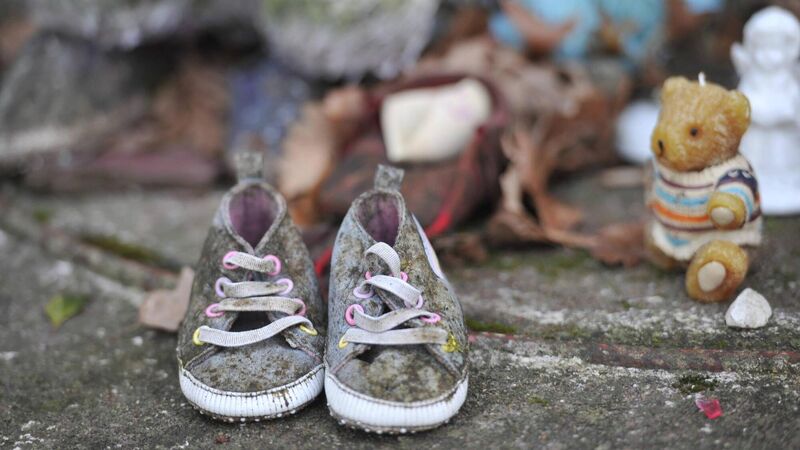'Unfair' to make nuns contribute to mother and baby home redress scheme

New records released under Freedom of Information to the Irish Examiner show robust exchanges between the Sisters of Mercy and then children's minister Roderic O'Gorman, where the congregation defended its refusal to contribute to the redress scheme.
A religious order has said being asked to contribute to the State's mother and baby home redress scheme is “akin to asking a frontline worker in 50 years’ time to be held accountable for the failures of the current HSE”, new records show.
Representatives for the Sisters of Mercy made the comments during a meeting with former children’s minister Roderic O’Gorman on December 13, 2021, where it was claimed it would be "unfair" to make the nuns pay, as they were "just workers".










